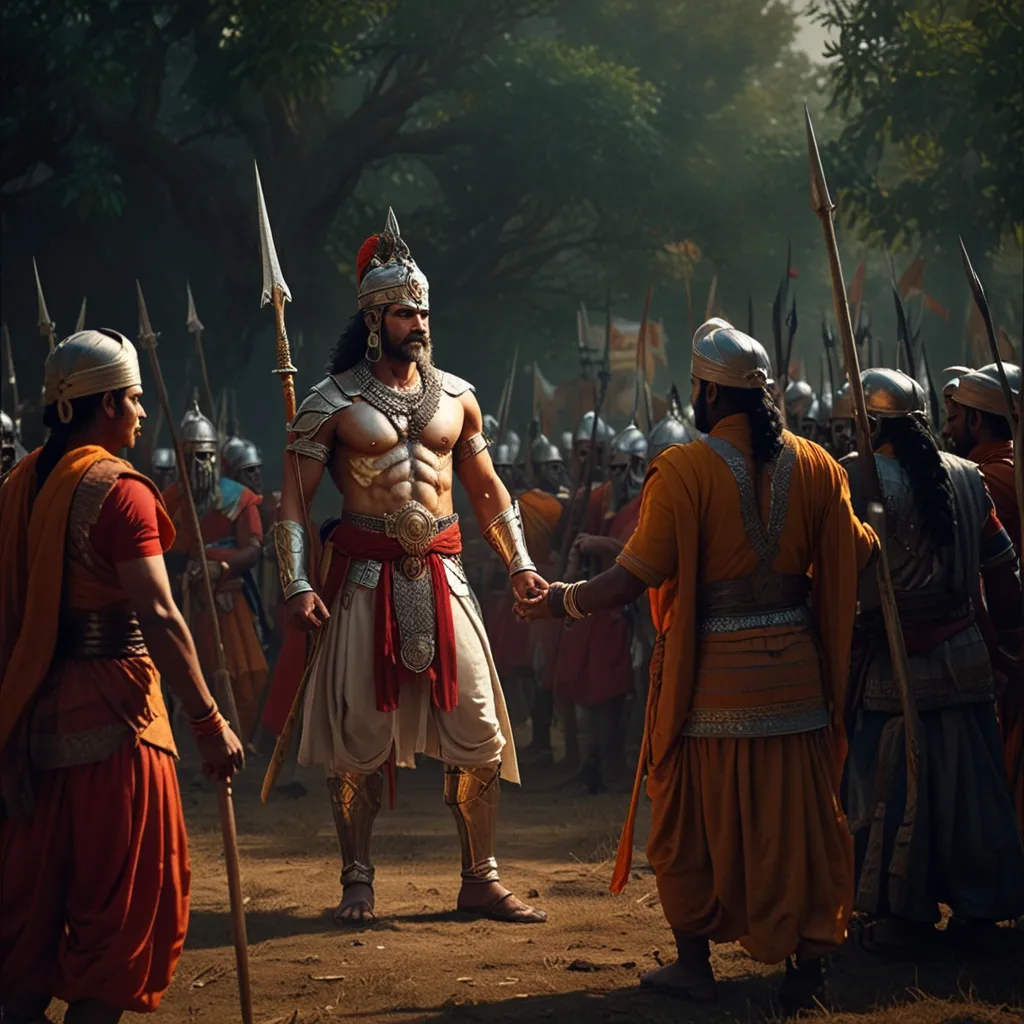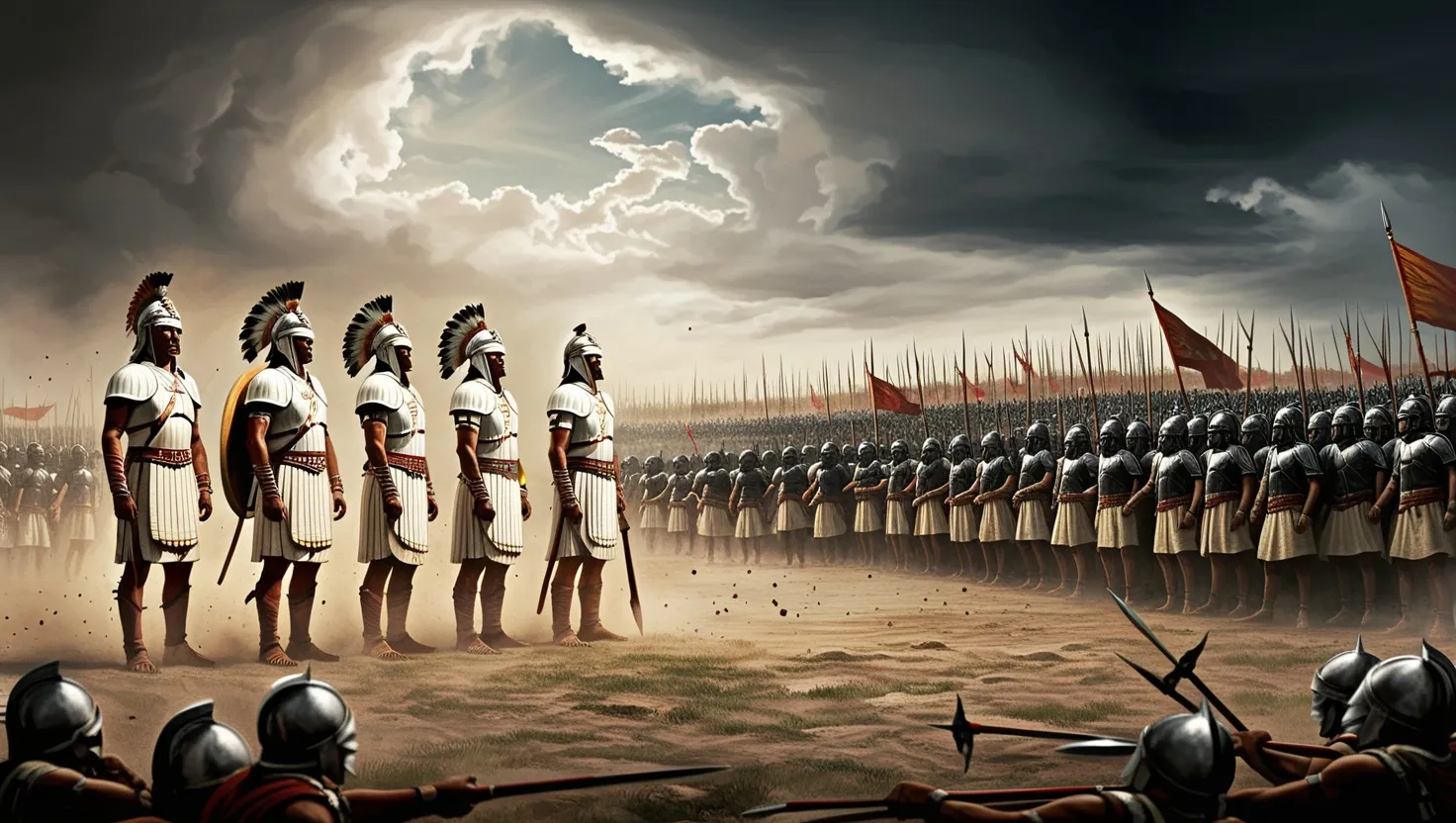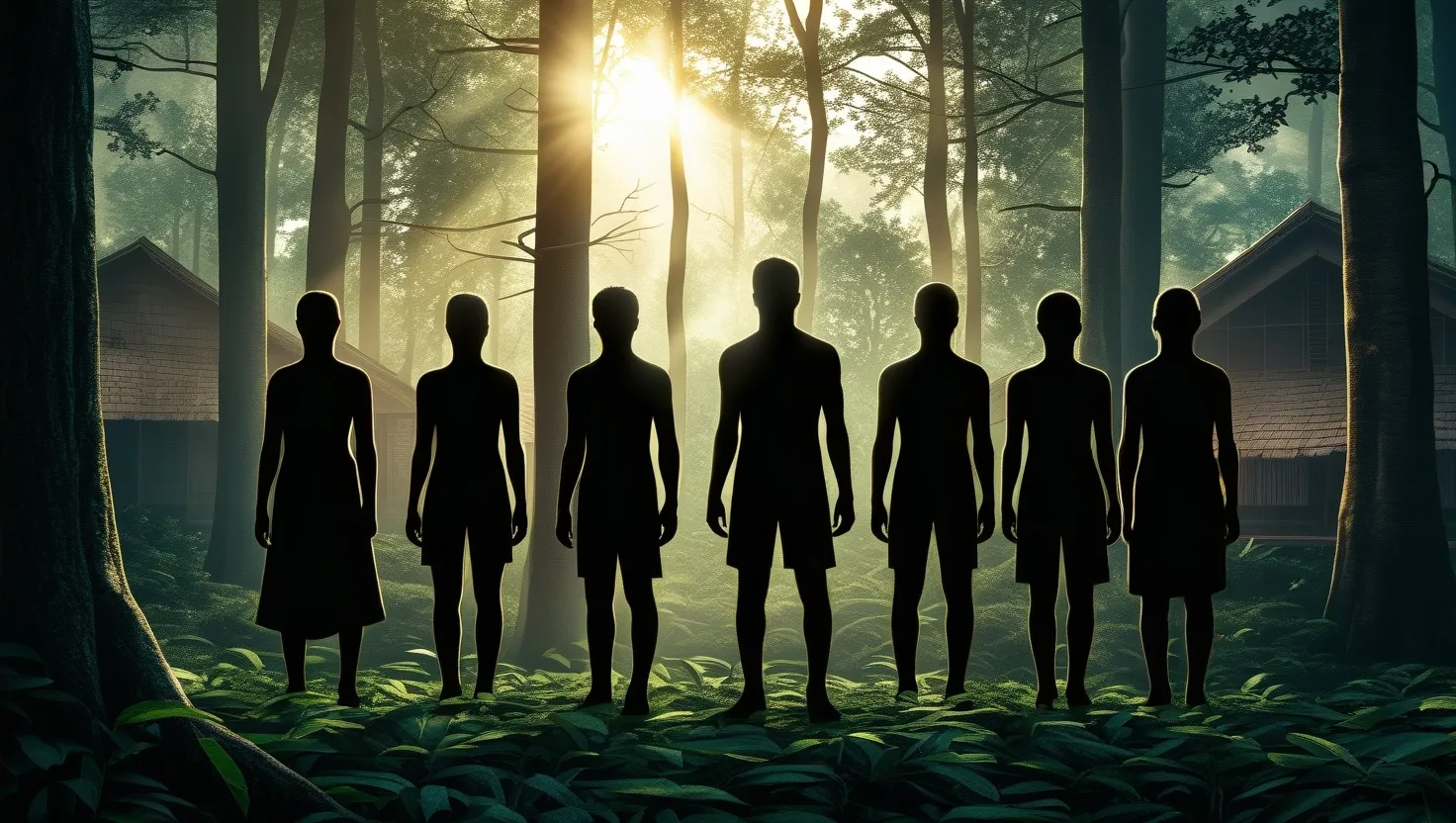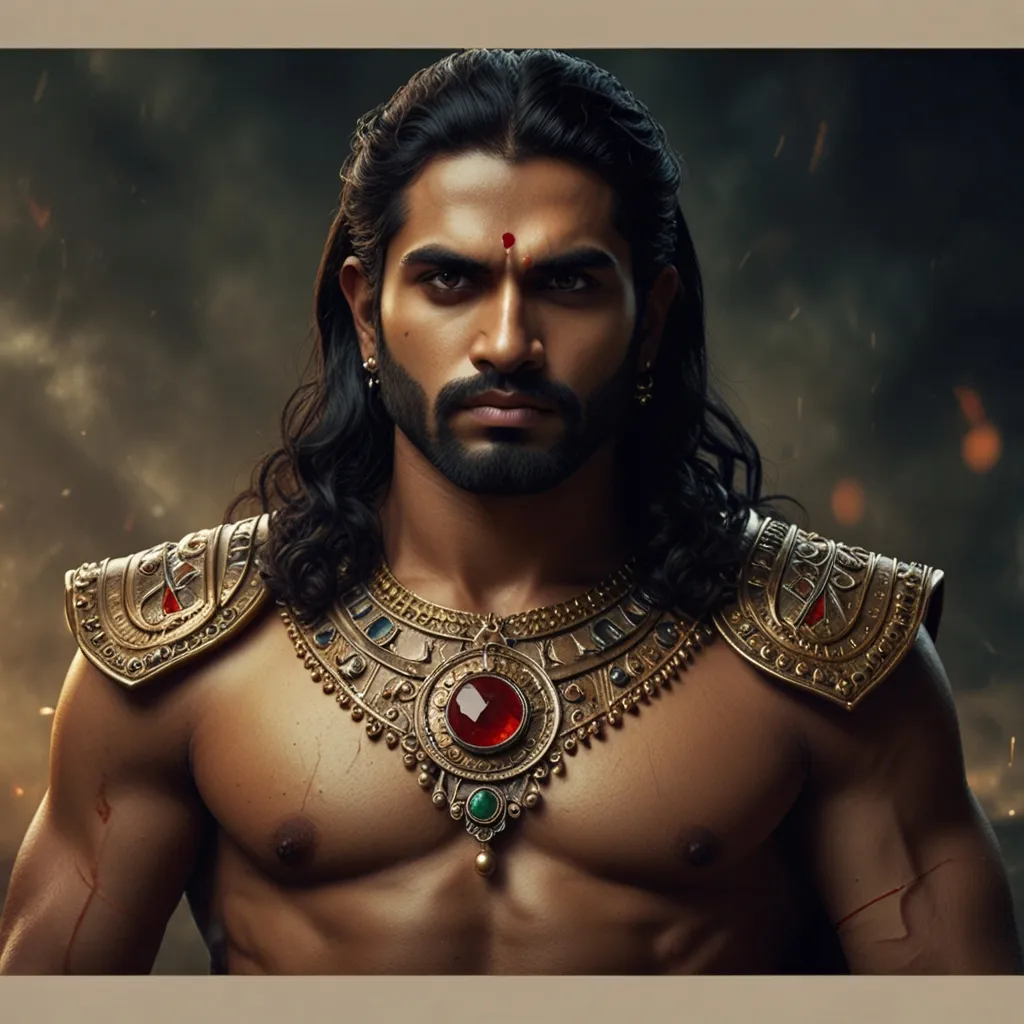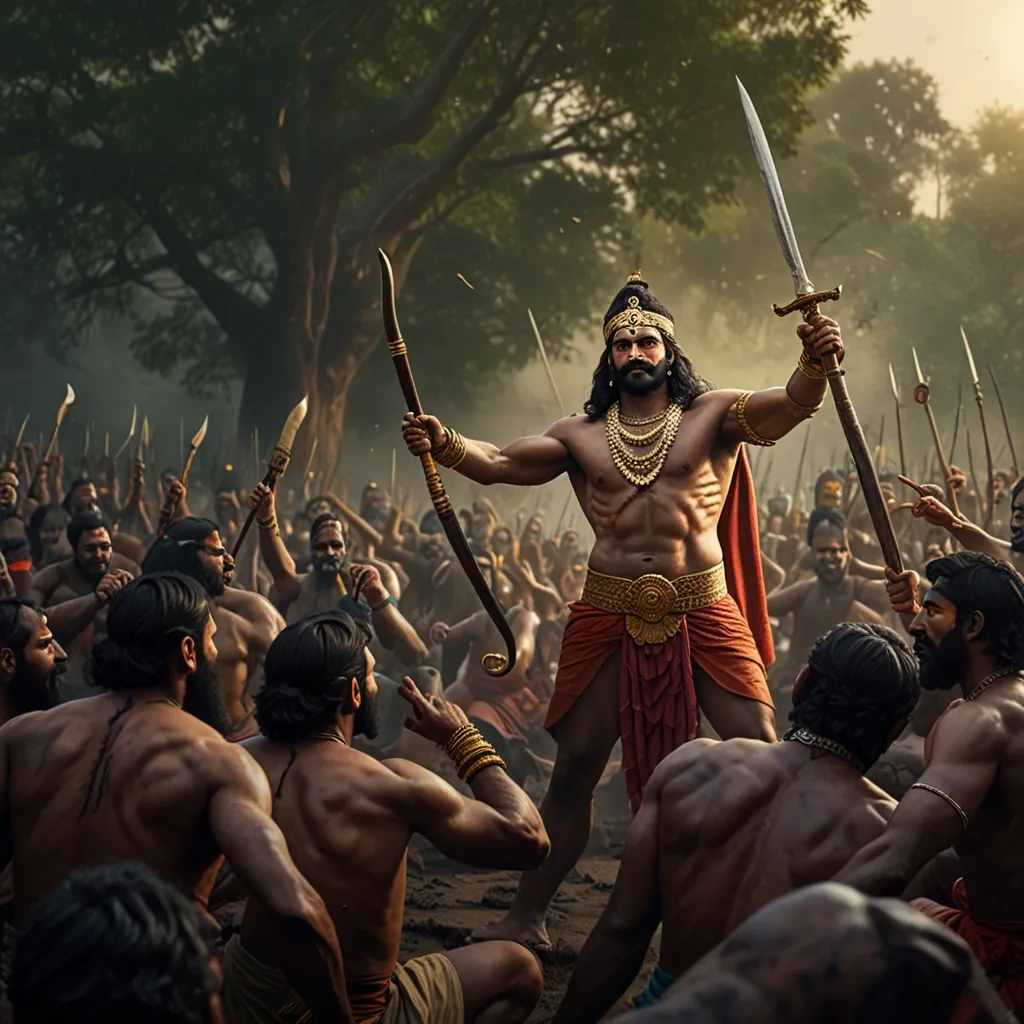Once upon a time in the ancient kingdom of Hastinapura, there lived a warrior whose name would be etched in the annals of history forever. Chitrangada, the eldest son of King Shantanu and Queen Satyavati, was a formidable force, known far and wide for his bravery and indomitable strength. After his father’s death, Chitrangada took up the mantle of leadership, vowing to protect his kingdom and expand its territory.
His reign was nothing short of spectacular. With every battle, Chitrangada showcased his unmatched prowess, defeating powerful enemies and Asuras alike. He was celebrated as a just ruler, one who was revered by his people and feared by his foes. But as with many great warriors, his success eventually went to his head. He became arrogant and started looking down on everyone around him. Despite numerous attempts by his brother Bhishma to bring him back to his senses, Chitrangada refused to change.
One day, word of Chitrangada’s legendary fame traveled to a Gandharva king, who interestingly, was also named Chitrangada. Fueled by a desire to establish his supremacy, the Gandharva king challenged the earthly Chitrangada to a duel. They agreed to meet on the banks of the Hiranyavati River in the sacred land of Kurukshetra. What followed was a fierce battle that raged on for three long years, showcasing the might and skills of both warriors.
However, even the most valiant efforts have their limits. Eventually, Chitrangada of Hastinapura was defeated and slain by the Gandharva king. His death sent shockwaves across Hastinapura, marking a dark day in the kingdom’s history. Bhishma, ever the stalwart pillar of strength, performed the funeral rites for his fallen brother and, with a heavy heart, installed their younger sibling, Vichitravirya, as the new king.
Since Vichitravirya was still just a boy, the task of ruling the kingdom fell on Bhishma and their mother, Satyavati. Bhishma, with his deep wisdom and unyielding adherence to Dharma, ensured that Hastinapura continued to thrive. He also took on the additional responsibility of finding suitable brides for the young king, focusing on securing the future of the Kuru dynasty.
His quest for brides led Bhishma to the kingdom of Kashi, where King Kashya was holding a swayamvara for his three daughters: Amba, Ambika, and Ambalika. The swayamvara was a grand ceremony where princesses chose their grooms from among the assembled princes. Determined to bring the princesses back for his brother, Bhishma arrived single-handedly in his chariot, ready for whatever challenges lay ahead.
Without hesitation, Bhishma declared his intention to take the princesses by force, a bold move that stunned the assembled princes. He explained his reasoning, stating that his actions were for the greater good of his brother and the Kuru dynasty. This audacity ignited a series of duels as the princes rose to challenge him. But Bhishma, with his unparalleled martial skills, defeated them all and whisked the three princesses back to Hastinapura.
However, the eldest princess, Amba, had been secretly betrothed to Prince Shalva, causing quite a stir. Despite this complication, Bhishma remained unwavering in his duty. Vichitravirya married Ambika and Ambalika, while Amba’s fate took a different path. Under Bhishma’s mentorship, Vichitravirya grew into a capable and wise ruler, valuing his brother’s counsel greatly. Together, their leadership ushered in an era of peace and prosperity for Hastinapura.
The tale of Chitrangada offers a timeless lesson. His story teaches us about the fleeting nature of life and the perils of letting pride cloud judgment. Despite his might and success, Chitrangada’s arrogance led to his downfall. But even in death, his legacy endured through his brother Vichitravirya and the astute guidance of Bhishma, ensuring the Kuru dynasty’s continued glory.
In the grand tapestry of Hastinapura’s history, Chitrangada’s story serves as a potent reminder: Even the greatest of warriors must remain humble, for pride can be their undoing. His tale is a rich blend of valor, lessons, and the unyielding spirit of a dynasty that withstood the tests of time.
